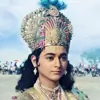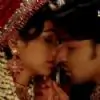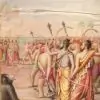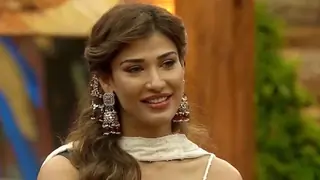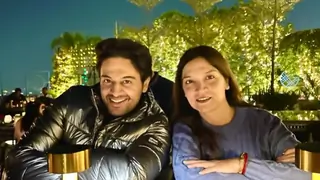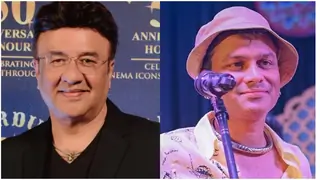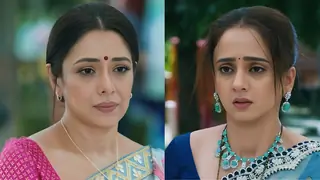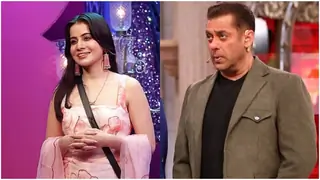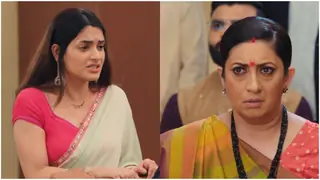Originally posted by: shubhika124
Thank you for responding!
I shall paste the extract here for the better understanding , I hope its allowed.
But what was Draupadi's biggest mistake?
When Dharma lost the dice game and Duryodhana sent a slave to bring her into the
assembly, she sent the slave back, saying, "Go into the assembly and ask if Dharma-raja
had become a slave before he staked me." Duryodhana replied, "Come into the assembly,
you will get your answer." When she refused to come, Duhshasana dragged her into the
hall. There she stood weeping, but with fury she asked the question again. With shouts
that talking was useless, the Kaurava men started pulling off Draupadi's sari. As each sari
was pulled off another appeared in its place. Meanwhile the discussion continued.
The question Draupadi asked rested on a difficult and complicated legal point. Even
Bhishma, who had often taken the part of the Pandavas in quarrels with Dhrita-rashtra
and Duryodhana, was unable to give an answer, perhaps for fear of compromising
Draupadi. What Draupadi was contending was that once Dharma had become a slave he
had lost his freedom and had no right to claim anything as his own; a slave has nothing he
can stake. Then how could Dharma stake her freedom? Although her argument seems
plausible from one point of view, even a slave has a wife, and the fact of his slavery does
not destroy his authority over her. Moreover, from the most ancient times a slave had the
right to accumulate certain property that was entirely his own. The question was thus a
tangled one, involving the rights of a master over a slave and a slave over his wife.
Draupadi's question was not only foolish; it was terrible No matter what answer was
given her position was desperate. If Bhishma told her that her husband's rights over her
did not cease, that even though he became a slave, she was in his power and he had the
right to stake her, her slavery would have been confirmed. If Bhishma had argued that
because of his slavery her husband had no more rights over her, then her plight would
have been truly pitiable. Draupadi was described as
nathavati anathavat '
"with husbands, but like a widow", and if her relation with her husband was destroyed she
would have been truly widowed. From Rigvedic times there are references to abandoned
wives living wretchedly in the house of their father. But there is not a single case in
which a woman, of her own accord, had denied her husband. For such a woman, getting
even a lowly position in her father's house would have been impossible, to say nothing of
an honorable one.
Draupadi's question had put all of them in a dilemma. Bhishma hung his head.
Dharma was ready to die of shame. Draupadi was standing there arguing about legal
technicalities like a lady pundit when what was happening to her was so hideous that she
should only have cried out for decency and pity in the name of the Kshatriya code. Had
she done so perhaps things would not have gone so far. Allowing their own daughter-in-
law to be dragged before a full assembly, dishonouring a bride of their own clan in the
hall of the men, was so against all human, unwritten law that quibbling about legal
distinctions at that point was the height of pretension.
Draupadi's last words to Bheem after recalling her marital life in her last minutes. When she was denied heaven , Bhim asked Yudishatra for the reason & he said that Draupadi throughout her life loved Arjuna more than her other husbands. Draupadi felt guilty when she heard that.
But in what sense was it a sin? Wasn't he the one who had won her.
Bringing Bhima's face close to hers, she said with her last
breath, "In our next birth be the eldest, Bhima; under your shelter we can all live in safety
and joy."







